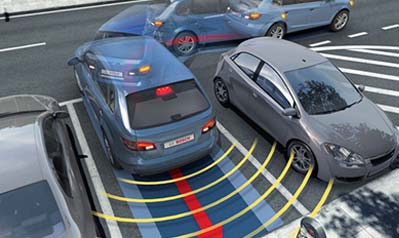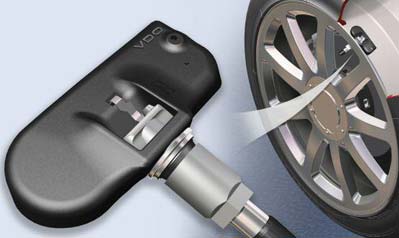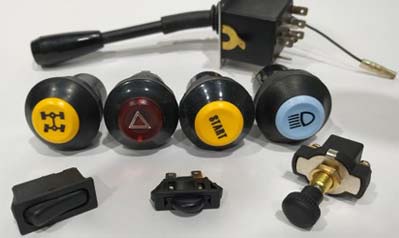Welcome to May Auto Parts Manufacturing & Supplying (MAPMS)
Welcome to May Auto Parts Manufacturing & Supplying (MAPMS)
Car sonar sensors (also known as ultrasonic sensors) are a sensing technology used by vehicles to perceive their surroundings, primarily relying on the reflection of ultrasonic waves to detect the distance of objects. They are typically used in reversing assistance systems, parking assistance, automatic parking systems, and blind spot detection among other safety features. Here is a detailed introduction to car sonar sensors
Sonar sensors emit ultrasonic signals and receive the signals reflected back from obstacles. Based on the time and speed of ultrasonic wave propagation, the system can calculate the distance to the obstacle. This technology is very effective in identifying nearby objects around the car, especially when driving at low speeds.
Reversing Radar
Car sonar sensor is widely used in reversing assistance systems. They can detect obstacles behind or beside the car and warn the driver when approaching an obstacle to prevent collisions.
Automatic Parking
In automatic parking systems, sonar sensors help the vehicle accurately sense surrounding obstacles and assist the vehicle in achieving automatic parking functions.
Blind Spot Detection
Car sonar sensors can also be used in blind spot detection systems, helping drivers understand if there are other vehicles in the blind spot at the rear side, preventing accidents during lane changes.
Lane Keeping Assistance
In some advanced driver assistance systems (ADAS), sonar sensors can be used in conjunction with cameras, radar, and other sensors to help keep the vehicle in the correct lane.
Accurate Close-Range Sensing: Sonar sensors for cars are particularly good at detecting objects at close distances, suitable for use in low-speed and parking environments.
All-Weather Operation
Ultrasonic waves are not affected by lighting and weather conditions (such as rain, snow, fog, etc.), so they can function normally in various environments, which is an advantage over optical sensors like cameras.
Low Cost
Compared to more complex sensors like LiDAR and millimeter-wave radar, car sonar sensors are lower in cost, making them suitable for large-scale applications.
It should be noted that in complex environments, if surrounding vehicles or equipment are also using sonar sensors, interference may occur, affecting accuracy and reliability.
With the development of autonomous driving technology, sonar sensors are being combined with other sensing technologies (such as cameras, millimeter-wave radar, LiDAR, etc.) to form multi-sensor fusion systems, providing a more comprehensive environmental perception capability.
Multi-Sensor Fusion
In autonomous vehicles, sonar sensors are usually used together with other types of sensors to compensate for their respective shortcomings. For example, radar and LiDAR can perform long-range detection, while sonars are used for close-range obstacle detection.
Intelligence and Software Optimization
Future car sonar sensors will use more advanced algorithms to enhance their sensing capabilities, reduce false alarms, and increase adaptability to complex environments.
Car sonar sensors play a vital role in the safety systems of modern vehicles, especially helping drivers avoid collisions when driving at low speeds or parking. With the prevalence of autonomous driving and intelligent vehicles, sonar sensors will remain a crucial component of vehicle environmental perception, working together with other technologies to promote the safety and convenience of future transportation.
Popular Automotive Spare Parts
 Exploring Auto AC Condensers: Functions, Failures, and Replacement Costs
READ MORE >
Exploring Auto AC Condensers: Functions, Failures, and Replacement Costs
READ MORE >
 Inspection and Attention to the Use of Car AC Compressors
READ MORE >
Inspection and Attention to the Use of Car AC Compressors
READ MORE >
 What Do Coil Packs Do On A Car?
READ MORE >
What Do Coil Packs Do On A Car?
READ MORE >


